

deep insights, facts & figures

Turkey is located on the periphery of Europe but is currently at the centre of the expansionist efforts of some DIY retail groups. It is not just “Europe’s China”
Is Turkey part of Europe? That question is still one that is being discussed, heatedly at times. It is something that is hardly relevant to the players here: their idea is to establish facts – in the DIY market among others. For quite some time now Turkey has been talked about as a regular boom region. In the first six months of 2011 the country had the world’s highest rate of GDP growth at 10.2 per cent; the figure still came to 8.5 per cent for the full year. Though it should not be forgotten that the forecasts for the current year, at 2.1 per cent, are much more modest. Nevertheless, against the background up to now of the economic boom, it was inevitable that the European DIY retailers would long have discovered this country for themselves: a country covering an area of 781 000 km², which makes it bigger than Ukraine, the second-largest country in Europe after Russia. For these retailers Turkey is two things at once: a preferred region for the expansion of their channels of distribution and, at the same time, a procurement market that combines several of the advantages offered by other sourcing regions but without their disadvantages. At least this is how Europe’s biggest DIY retailer, the British Kingfisher Group, sees the matter: in the eyes of its buyers Turkey is “Europe’s China” – and whether the country belongs to Europe or not is completely irrelevant from this perspective. In terms of economic policy and consumer behaviour, Turkey is simply part of the western economic area. So it was not by chance that the Kingfisher group of companies opened one of its current four sourcing offices here. The other three are located in countries that you would hitherto have expected to be connected with international sourcing: in Warsaw for eastern Europe and in Hong Kong and Shanghai for Asia. The new branch office is not least connected to the group’s buying strategy, which aims firstly to establish brands throughout the company that can be marketed in all the different channels (B&Q, Castorama, Brico Dépôt and Koçtas¸), and secondly to considerably increase the proportion of direct sourcings. The volume achieved saw an increase of 77 per cent to £ 1.5 bn in the last financial year. There is already a staff of seven working in the Istanbul office and it is planned to increase the team to a total of 19 next year. When the international buyers compare “Europe’s China” with the real China they basically see two advantages, one easy to assess and the…
Related articles
Read also

 Menü
Menü



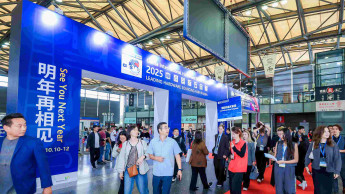
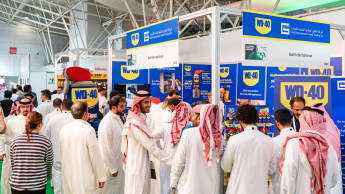

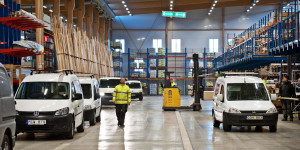


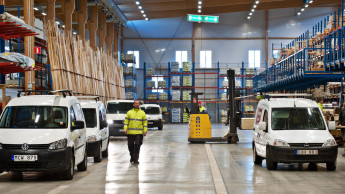
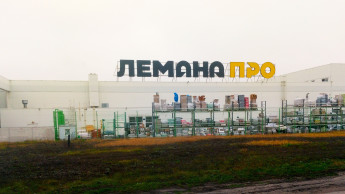
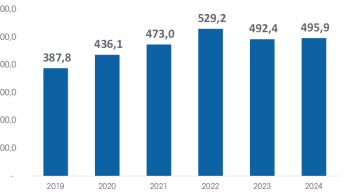
 Newsletter
Newsletter